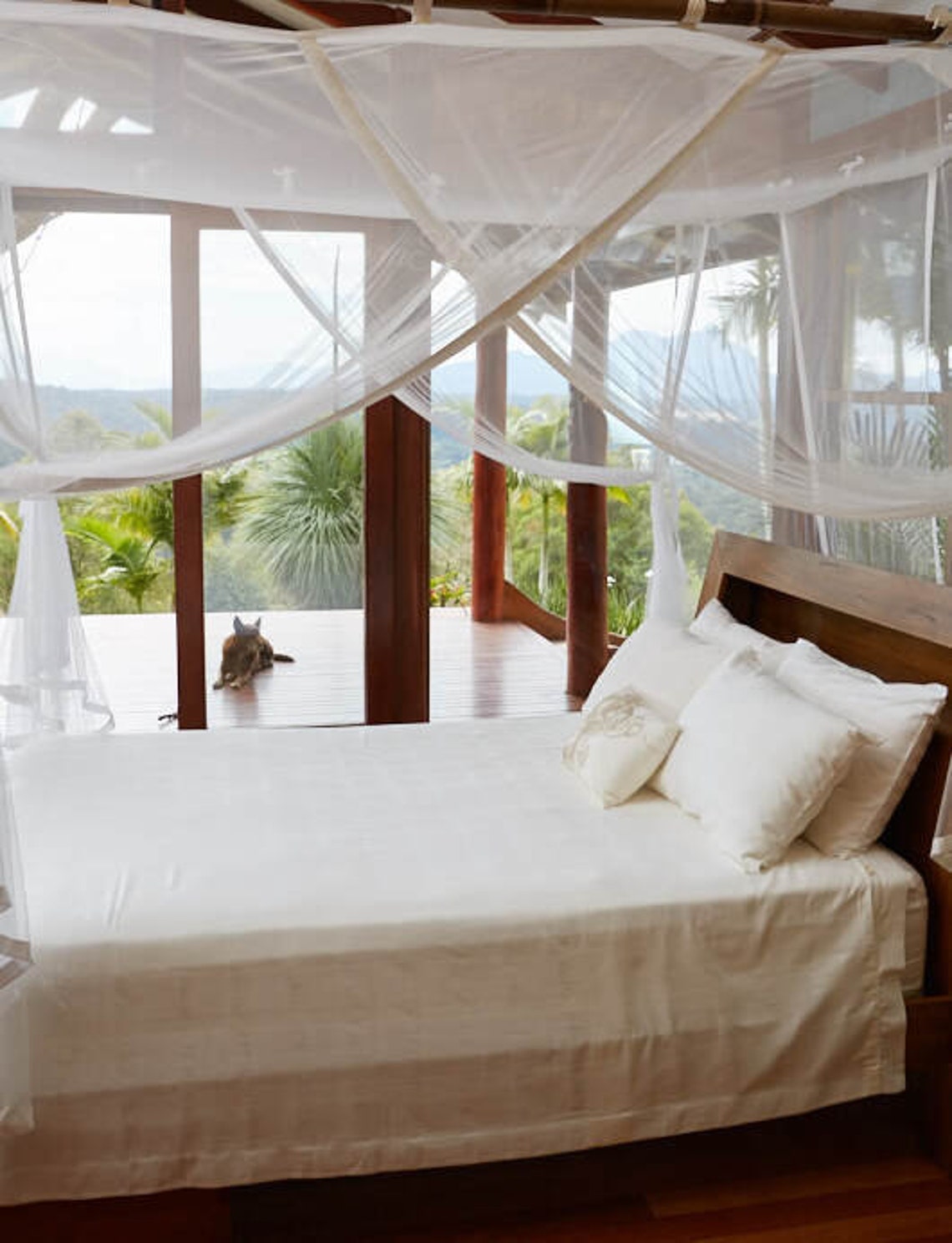Effective Strategies for Insect Bite Protection
As we age, our bodies undergo changes that can make us more susceptible to the adverse effects of insect bites. However, with proper knowledge and precautions, individuals over 50 can minimize their risk of encountering biting insects and mitigate the discomfort and potential health complications associated with such encounters.
A. Understanding the Risks - Sensitivity and immune response changes: Aging often leads to a decreased immune response, making older adults more vulnerable to the adverse effects of insect bites, including allergic reactions and infections. Potential health complications: For individuals with pre-existing health conditions, insect bites can pose additional risks and complications, such as exacerbating skin conditions or transmitting diseases like Lyme disease or West Nile virus.
B. Prevention Techniques - Clothing choices: Wearing long-sleeved shirts, long pants, and socks can provide a physical barrier against insect bites. Opt for light-colored clothing, as mosquitoes are attracted to darker colors. Insect repellents: Applying EPA-approved insect repellents containing ingredients such as DEET, picaridin, or IR3535 can effectively repel insects. Remember to follow the instructions and reapply as needed. Avoid peak activity times: Many biting insects, like mosquitoes, are most active during dawn and dusk. Minimize outdoor activities during these periods or use protective measures such as screened-in areas or mosquito netting. Maintain a well-kept environment: Eliminate standing water sources in and around your property, as they serve as breeding grounds for mosquitoes. Keep lawns well-maintained and shrubs trimmed to reduce hiding places for insects. Protective screens and nets: Install window screens with appropriate mesh sizes to prevent insects from entering your home. Utilize bed nets when sleeping in areas with high insect activity, especially when traveling.

C. Additional Tips and Considerations - Be aware of travel destinations: If you plan to travel, research the local insect population and potential diseases they carry. Consult a healthcare professional or travel medicine clinic for advice on necessary vaccinations or preventive measures. Check for ticks: When spending time outdoors, particularly in wooded or grassy areas, conduct regular tick checks on yourself and your clothing. Prompt removal of ticks can reduce the risk of tick-borne illnesses. Allergy management: If you have known allergies to insect bites, carry appropriate medications (such as antihistamines) and an epinephrine auto-injector if prescribed by your doctor. Seek medical attention if necessary: If you experience severe reactions, persistent symptoms, or suspect a tick bite, promptly consult a healthcare professional for appropriate diagnosis and treatment.
By adopting preventive strategies and being proactive in protecting against insect bites, individuals over 50 can significantly reduce the risk of discomfort, infection, and potential complications associated with such encounters. Stay informed, take necessary precautions, and enjoy the great outdoors with peace of mind and improved well-being.


Leave a comment